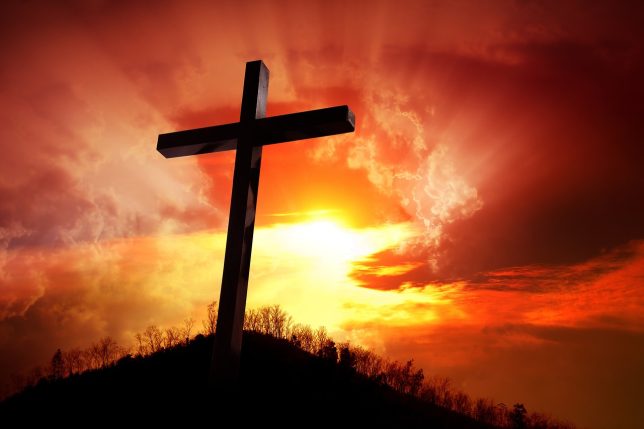We are human. It is our intrinsic nature to be sinful. To make mistakes. To fall short, and yet with that knowledge, with that distinct understanding, we have a need to be right at all times. Our need to be right often gets in the way of us seeing the error of our ways, of us moving forward. It seems harmless, at times, and it seems like conviction. Sometimes, we chalk it up to a character flaw, but whatever you’d like to call it, it is quite dangerous. It breaks bonds, severs ties and it kills – it slowly kills us, it separates us from the people we love and most importantly, it separates us from God. The it, the silent killer that has ended many relationships because it disturbs and eviscerates communication, not to mention precludes the possibility for reconciliation, for anyone’s wrongs to be righted, is pride.
The Prodigal Son is one of the more popular of the parables in the Bible. The parable tells the story of a wayward son who takes the riches he has inherited and abandons his family only to return to his father with repentance for sinning against him and disgracing his duty as his son. The power of the story is of the father’s immediate forgiveness of his son, running to his son, and embracing him before his son can even express remorse for sinning against his father. The parable, specifically, the father, emulates the nature in which God forgives us when we are penitent – with unconditional love, with grace, and with mercy. But what is equally powerful about the parable is the Prodigal Son’s humility and the fact that he took no issue and really, no time swallowing his pride because he recognized he had sinned against his father. More importantly, he needed to return home to make things right and so, he did.
Admitting when we are wrong is not always the easiest for us to do, but we have to change our perception of what it means to admit when we are wrong and take note of the Prodigal Son’s humility and immediate relinquishing of his pride for his good and for the reconciliation with his father. When we are feeling prideful and digging our heels in, convincing ourselves we are right, there are two things that prevent us from coming to ourselves and resolving the issue. The first is that our pride has convinced us that to let our guard down, to apologize, and to make an effort to right our wrong is a sign of weakness. But as my father would say, love does not point fingers or place blame, it only seeks a solution, to make things better. So regardless of who is wrong and who is right, if love is present, the optics, how you look, and how you think the other party will respond to you is not nearly as important as resolving whatever it is that causes discord between you and your loved one(s). Implicit in love is grace and mercy. God loves us and as a result of that love, we are extended grace and mercy every time we fall short. If we love our friends and family as we claim to, there ought to be grace and mercy extended to them that does not allow things to linger and fester but to be solved as soon as possible because anything that disrupts our relationship with God, our loved ones, and with ourselves is urgent and needs to be resolved.
The second and greatest thing that keeps us from coming to ourselves and reconciling is distance. In the case of the Prodigal Son, the moment he found himself at what he knew was rock bottom, he was reminded that his father had riches and there was no need for him to hunger when his father had plenty. But he also realized in order to go home, to be reunited with his father, he would have to repent and let his pride go and immediately, he did that. There was no hesitation because he knew what he had to do. However, for us, we sometimes let time pass, and the more time passes, the less capable we feel of making amends. The irony is, by hesitating because of how much time has passed, it only allows for more time to pass, which only makes the path that much harder to walk back. So many of us have not made steps toward making amends because of just how much work there is involved, because of how much amends we have to make. But if we let the pride go now, right where we are, then the path becomes a little less lengthy, and as I said, if we truly care and love whomever it is that pride has distanced us from, it would not matter how far we had to walk back as long as it led us back to the person we loved.
The problem with our pride is that it distorts reality, it allows us to see things the way we want to see them as opposed to the way things are. It makes us feel as though anyone who does not agree with us and see things our way is our enemy, and it encourages us to stay in that place of self-righteousness. But while we fight for the right to be right, we isolate ourselves from the people we love, from God, and we find ourselves by ourselves. Life was not meant to be lived in solitude and without the people we love, but our pride, which distances us from ourselves and from what we know is right, deceives us and allows us to believe that we are all we need, when in actuality we are miserable because we have not done what we know is right and are living apart from the individuals God has placed in our lives.
Initially, pride can feel empowering and like we have a handle on it, like the world owes us something, but in the end, if we allow it to win, all we end up feeling is alone, lost at sea unsure of how to find our way back to land. But the way back is clear and we know what we have to do. It may not be easy, but at the end of it is freedom, is the you that you and everyone else knows and loves, and it is God and everyone you love. If you find yourself wanting to give in to your pride, to prioritizing being right as opposed to making amends, ask yourself two questions, please – is it worth it? Is it more important to be right or at peace?
.







